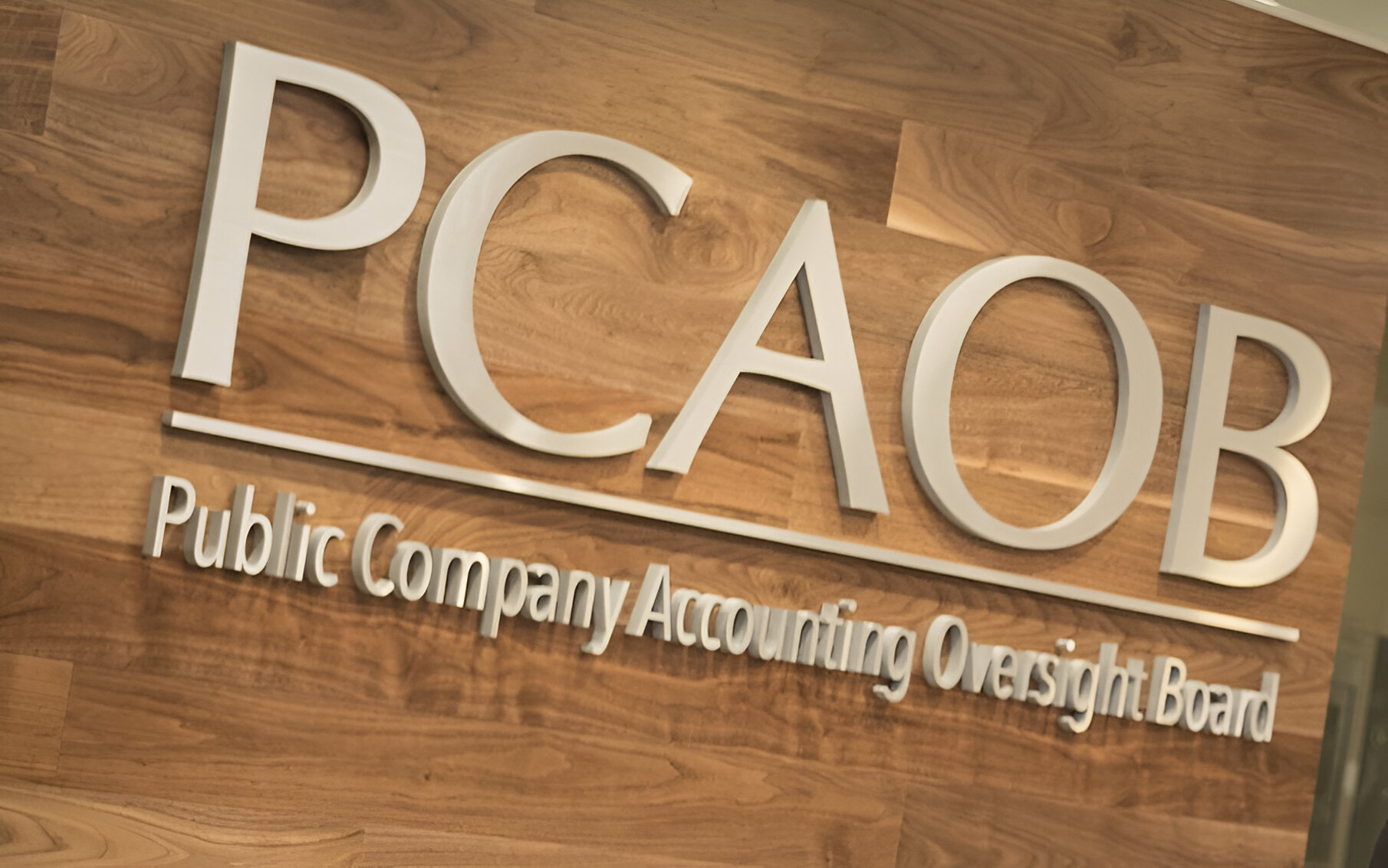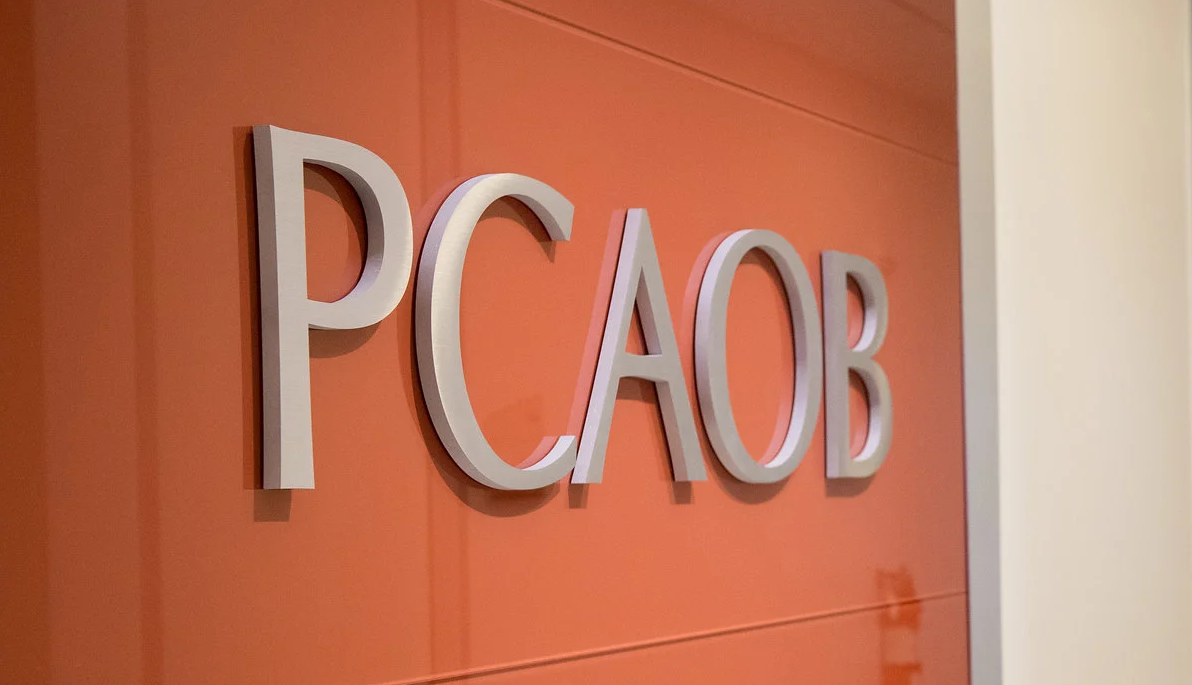Recently, more than two-thousand financial professionals attended ENGAGE 2020, a conference sponsored by the American Institute of CPAs (AICPA) which included sessions from the Advanced Personal Financial Planning (PFP) track. Leaders of the profession shared best practices, innovative strategies emerging from recent legislation, and their thoughts on the future of financial planning.
Here are ten key takeaways that emerged from the Advanced PFP track with a focus on helping CPA financial planners guide their clients and their practice in this time of uncertainty.
Managing Risks Amid Market Volatility
“Just because markets change doesn’t mean your financial goals do. Markets are always going to be uncertain. That’s why, as advisors, our job is not to correctly time the market for our clients but to focus on the things we can control for them. This includes fees, taxes, diversification, and asset allocation. Helping people with long-term planning and focusing on things that can be controlled is where an advisor can add true value with much more certainty.”
– Matt Rosenberg, CPA/PFS, President, RoseCap Financial Advisors and member of the AICPA Financial Literacy Commission
Inclusion is Good for Business
“Our profession was already talking about the changing times, talent management, diversity and inclusion. COVID-19 did not change any of those things. It just revealed a lot of the challenges that we thought we had more time to fix, and now, it’s all coming together. So now we have to work a little faster, a little harder, a little more creatively, and come together to figure out this massive challenge in front of us.”
– Kimberly Ellison-Taylor, CPA, CGMA, past chairman of the Association of International CPAs and the American Institute of CPAs, and current executive director of finance thought leadership at Oracle.
Ellison-Taylor outlined a 12-step plan to address racism and bias in the accounting profession during ENGAGE 2020. Video of the session is available for free on Facebook. In her remarks, she emphasized that the firms that embrace diversity and inclusion (D&I) create superior cultures, opportunities, and results. Firms looking to evaluate their D&I practices can utilize AICPA tools and resources to benchmark their D&I practices and provides actionable steps to help improve them.
Best Laid Plans Built on Communication
“Communication is often the key to a successful transition of wealth. Why? Lack of communication breeds mistrust. I tell clients that the estate plan is not complete until it is communicated. This way, heirs understand why the plan was structured and the parents’ intents.”
– Lisa Featherngill, CPA/PFS, Head of Legacy & Wealth Planning, Abbot Downing and member of the AICPA PFP Executive Committee
COVID-19 State Income Tax & Residency Issues
“To truly change domicile, it does not matter when you leave one state, it matters when you establish yourself in your new state. The intention of the move is also important, especially in these COVID-19 times. Did you just leave to weather the storm? Or did you leave with the intention of establishing yourself somewhere new. It doesn’t count just because you left your primary state of residence. You don’t live elsewhere until you stick the landing.”
– Mark Klein, Esq, Partner, Chairman at Hodgson Russ LLP
Stretch IRA Planning After the SECURE Act
“The SECURE Act is here. Identify clients with the largest IRAs whose estate plan will be most affected by the elimination of the stretch IRA and take these actions ASAP: contact these clients and let them know about the change in the law and that it is effective now, in 2020. Check their IRA and plan beneficiary forms to see what their current IRA estate plan is. Look specifically for those who have named a trust as their IRA beneficiary and let them know their current IRA estate plan may no longer work as originally planned.”
– Ed Slott, CPA, founder of Ed Slott & Company LLC and creator of irahelp.com
Social Security Planning Strategies
“COVID-19 has changed much about what worked before. Financial planners’ advice as to when to begin Social Security benefits is often to wait until age 70 to get the maximum benefit possible and certainly not before full retirement age. However, with many in a cash crunch due to unemployment or business shutdown, they may want to consider starting Social Security benefits at the earliest age of 62. If employed or able to reopen a business within a year, they can pay all the benefits received back with no interest and restart at full retirement age or later.”
-Ted Sarenski, CPA/PFS, co-chair of the 2020 PFP Content Planning Committee
RMD ‘Undo’ Opportunity Expiring Soon
“As part of the CARES Act, Required Minimum Distributions (RMDs) are not required in 2020. IRS Notice 2020-51 allows those who already took distributions from IRAs or 401(k) plans in 2020 to ‘undo’ the distribution by August 31, 2020. If there is even a remote chance that you may want to ‘undo’ a distribution made earlier in 2020, be sure to ‘undo’ it before the deadline. This will give you more time to do multi-year financial planning to help decide if a distribution in 2020 is a beneficial strategy.”
– Julie Welch, CPA/PFS, Director of Taxation with Meara Welch Browne, P.C. in Leawood, KS
CPAs looking to build upon their deep tax knowledge and add value to their clients by providing financial planning services can consider the PFP Certificate Program which allows for flexibility to learn what they need to know in specific areas. The CPAs who enroll and obtain all five certificates will have satisfied both the education and exam requirements for the Personal Financial Specialist (PFS) credential.
Charitable Planning
“For just 2020, the CARES Act has suspended the AGI (adjusted gross income) limits for cash contributions to charities. So, if your client wants to give away a bunch of money this year, it’s really nice that they can now effectively eliminate their tax liability entirely by giving to charity. Keep in mind, from a planning perspective if you get rid of your entire tax liability, you are also getting rid of your income that is taxed at lower rates. If your client is normally in a high tax bracket, consider splitting contributions between now and early January of next year so that more of those dollars offset the income at the higher rates.”
– Jeffrey Levine, CPA/PFS, Lead Financial Planning Nerd at Kitces.com
Business Legacy Planning
“The pandemic has created some temporary financial planning opportunities. If you have a client who plans to pass their business along to a child one day– while business values are low, this is a useful time to get a new business appraisal. If you wait, values may recover, and federal tax laws may be less generous to business owners seeking to transfer their interests to family members.”
– Steve Siegel, JD, LLM, President of The Siegel Group
Future of Personal Financial Planning Practice
“The COVID-19 pandemic has permanently altered the way work gets done by CPA financial Planners. Most of us won’t move to 100% remote work but very few of us will go back to 100% office work. We will finally realize that we can have a remote staff and hire from a diverse pool of candidates across the country. Clients will finally stop searching for advisors by their location, since most meetings are virtual anyway.”
– Chris Benson, CPA/PFS, Principal at L.K. Benson & Company
Conversations around the future of financial planning will continue at ENGAGE+, happening from August through December. ENGAGE+ provides five additional dates of exclusive new interactive content from key industry experts to help financial professionals navigate the challenges of 2020 and beyond. Monthly sessions start on August 17th and run through to the end of the year. In addition to the monthly sessions, attendees will also have access to all the ENGAGE 2020 main event content covering tax planning, retirement planning, estate planning, risk management, investment planning, and more.
Thanks for reading CPA Practice Advisor!
Subscribe Already registered? Log In
Need more information? Read the FAQs
Tags: Benefits




